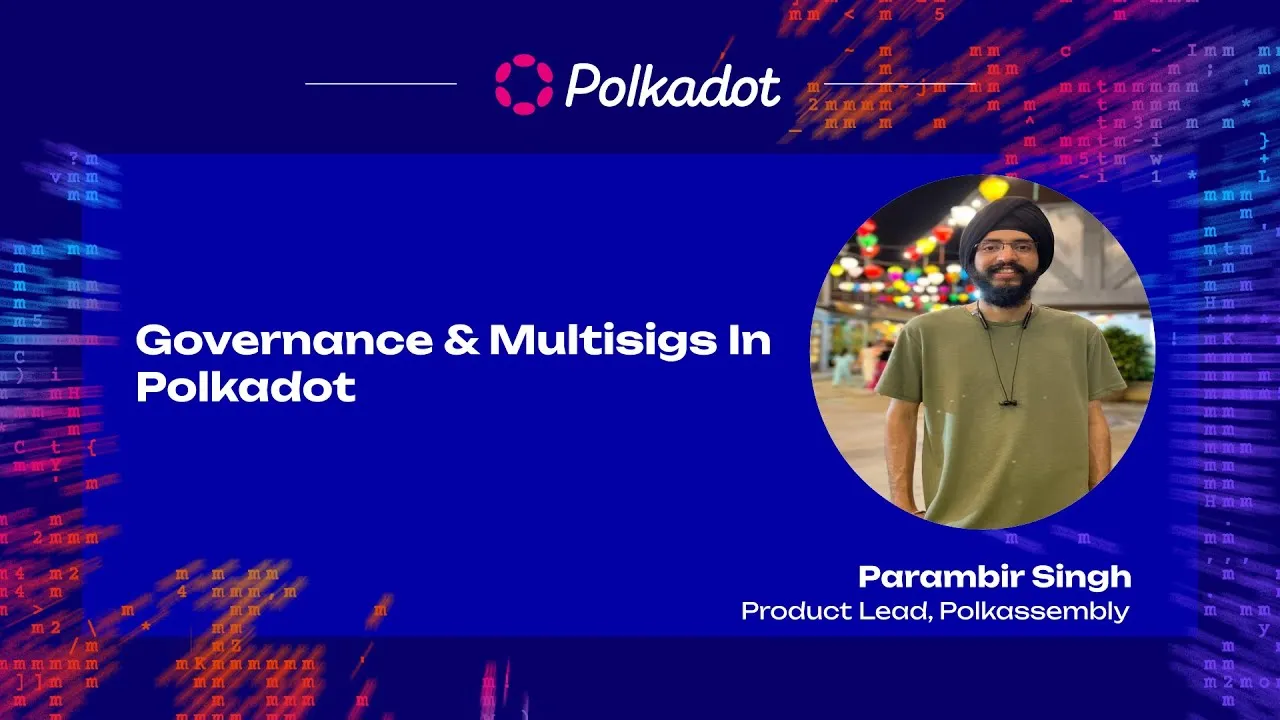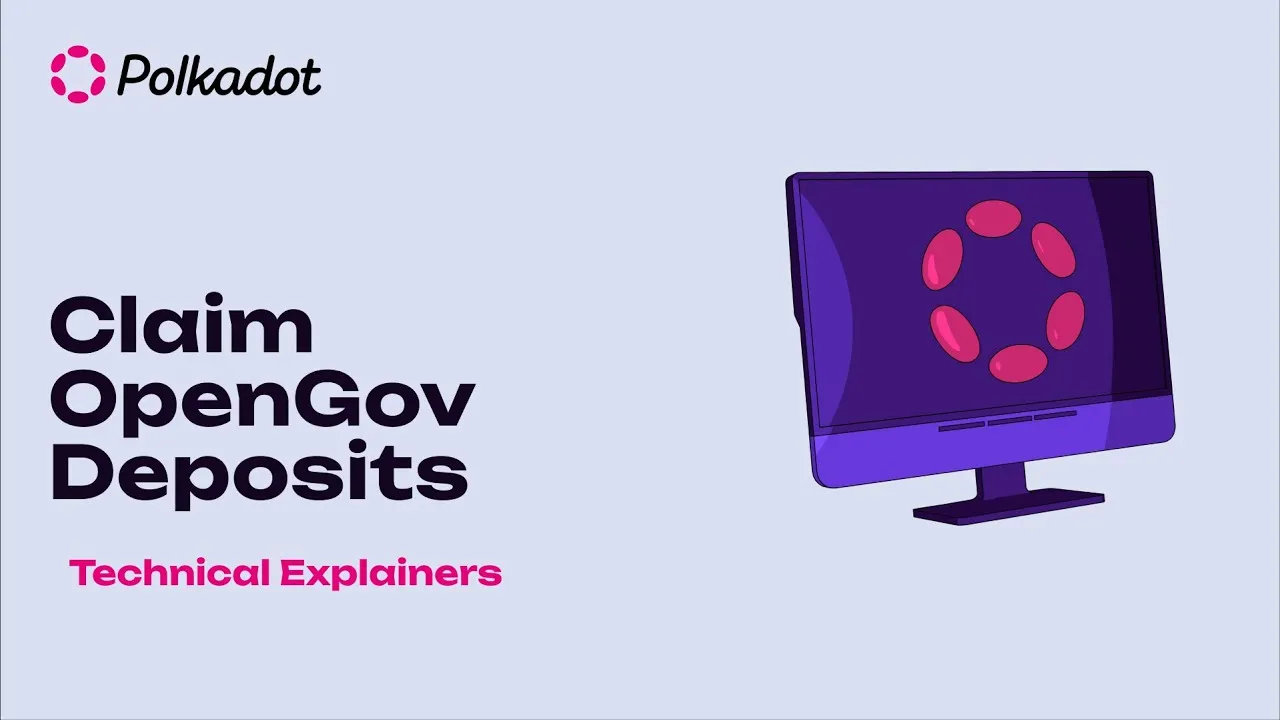The Sub0 Asia 2024 conference highlighted crucial strategies for improving security within the Polkadot and Substrate ecosystem. Key speakers included Karsten Nohl from SRLabs and Giovanny Gongora and Serhan Bahar from Parity, who shared their expertise on identifying, addressing, and preventing security vulnerabilities.
Key Takeaways from the Talk
- Importance of Security in Blockchain Development
- Security is pivotal in the blockchain space, as vulnerabilities can lead to significant financial losses and reputational damage. Ensuring robust security practices are integrated into the development lifecycle is essential.
- Current State of Security Efforts
- Significant progress has been made in identifying bugs, with a focus on internal and external audits. However, the challenge remains in efficiently fixing these bugs and preventing future occurrences.
- Three Pillars of Security
- Avoiding Bugs: It’s ideal to prevent bugs from occurring. This involves adopting secure coding practices and regular code reviews.
- Identifying Bugs: Utilizing automated tools and professional audits to find vulnerabilities before they can be exploited.
- Fixing Bugs: Promptly addressing identified issues and learning from them to avoid similar problems in the future.
- Strategies for Finding Bugs
- Internal Processes: Implementing tools and practices for developers to identify security issues during the coding process.
- External Audits: Engaging specialized audit firms to review code and identify vulnerabilities.
- Community Initiatives: Leveraging collective resources to ensure a baseline level of security across the ecosystem.
- Bug Bounties: Encouraging external security researchers to find and report bugs through financial incentives.
- Effective Security Practices
- Fuzz Testing: This involves automated testing techniques to find vulnerabilities by inputting a vast array of invalid, unexpected, or random data to the software.
- Threat Modeling: Understanding potential attack vectors and the impact of various threats to prioritize security efforts effectively.
- Knowledge Sharing: Creating repositories of common vulnerabilities and best practices to educate new developers entering the ecosystem.
- Role of Security Ambassadors
- Security Ambassadors play a crucial role in bridging the gap between security teams and developers. They help instill a security-focused mindset within development teams, ensuring security is considered at every stage of the development process.
Implementing Effective Security Measures
- Start with Basic Security Training
- Ensure that all developers have a fundamental understanding of security principles. This can be achieved through mandatory training sessions and ongoing education programs.
- Integrate Security into Development Lifecycle
- Adopt a security-first approach by integrating security checks into the CI/CD pipeline. Regular code reviews and automated testing can catch issues early in the development process.
- Leverage Community Resources
- Participate in community-driven security initiatives and leverage shared resources to improve security across the board. This collaborative approach can help small projects achieve a high level of security without significant individual investment.
- Utilize Professional Audits and Bug Bounties
- Engage professional auditors for in-depth reviews and establish bug bounty programs to attract external security researchers. These steps ensure that even subtle and complex vulnerabilities are identified and addressed.
- Create a Culture of Continuous Improvement
- Foster a culture where security is everyone’s responsibility. Encourage developers to stay updated on the latest security trends and continuously improve their skills and practices.
Conclusion
The talk at Sub0 Asia 2024 emphasized that while significant strides have been made in identifying security vulnerabilities within the Substrate ecosystem, the focus now needs to shift towards efficiently fixing these issues and preventing future ones. By adopting a holistic approach to security, integrating best practices into the development lifecycle, and leveraging community and professional resources, the Substrate ecosystem can achieve a robust security posture.
For more detailed insights and practical guidance on enhancing security within the Substrate ecosystem, refer to the comprehensive resources provided by SRLabs and Parity.










